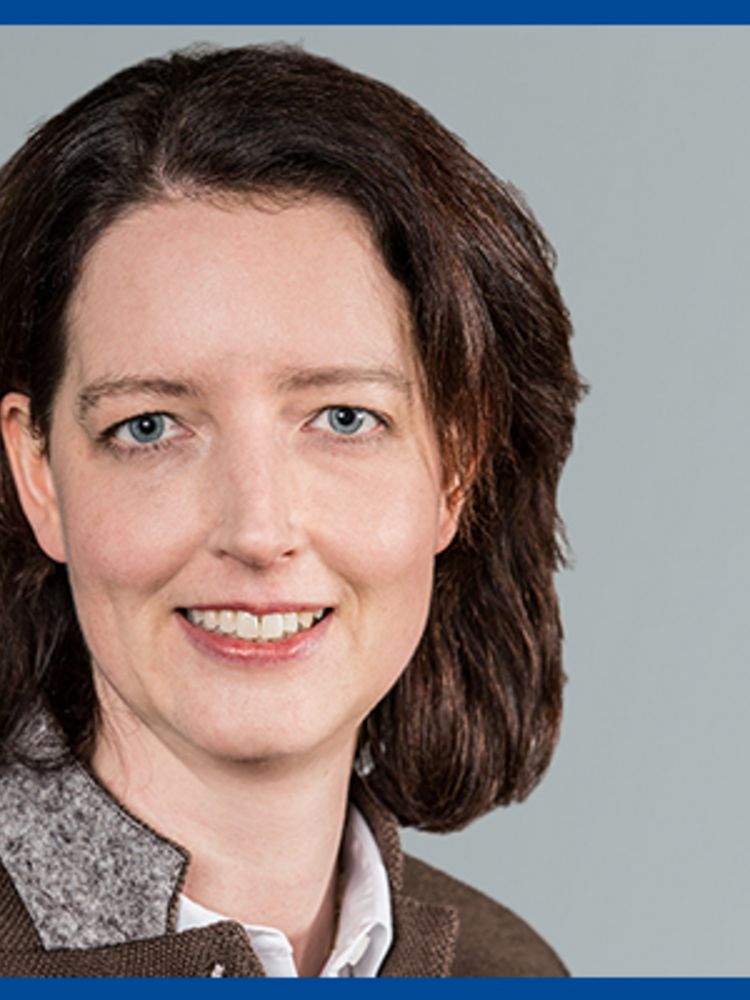Women that make it happen!
Salzburg, March 8, 2021. Birgit Held (VP Corporate Communications/Marketing), Constanze Leidenfrost (VP Corporate Compliance & Board Affairs) and Ulrike Stühmeyer-Pulfrich (VP Corporate Human Resources) are Vice Presidents at BENTELER International AG. In this interview, they talk about their experiences on "Women in Leadership Positions".
Birgit Held, what is your personal formula for success?
1. A positive mindset combined with hard work: extraordinary results require extraordinary effort. If you remain confident, you can achieve anything.
2. A working atmosphere in which everyone contributes with ideas and feedback. Where people strive to find the best solutions for the company. Where everyone can give their best. This will help you to get through a downturn, which you have to go through every now and then.
3. See change as an opportunity: I like to be on the move, gathering new impressions – in addition to Germany and Austria, I have lived in Italy, France, the Dominican Republic and the USA. This perhaps also explains my passion for communication – one of the fields that has changed the most in the past decades. With more than 20 years of professional experience, I am happy to share some of it with my team now.
What do you love about your job? What burns within you about BENTELER?
The people with whom we make solutions happen every day at BENTELER. All shooting for the same goal. The challenge and opportunity to help shape mobility – to make it lighter, safer and more sustainable with our products and services. Together with our approximately 30,000 colleagues worldwide. In summary: I'm excited about the collaboration, the opportunities to shape things, and the diversity!
Constanze Leidenfrost, how do you feel as a manager in the steel and automotive industry, which has a very male connotation?
After almost 19 years with BENTELER, I can say that I have always had an excellent time in the steel & automotive industry. Professionalism, integrity, objectivity, thinking outside the box for the company, coupled with an understanding of the business and the tasks of other departments have helped me a lot along the way. My interest in soccer also often serves as an "ice-breaker."
Nevertheless, I have also had negative experiences with both male and female colleagues during this time – but completely independent of the industry. More important than the industry is the team. And our small team is fantastic: We combine nationalities from three continents, four very different disciplines, old hands and young colleagues – and even more women than men.
Ulrike Stühmeyer-Pulfrich, why do you think there are still so few women in management positions?
I am convinced that there’s not just one reason for this. Socialization still plays a major role. Numerous studies show that a wide variety of stereotypes are still passed on (often unconsciously, sometimes consciously) in both upbringing and school, influencing career choices and ambitions, as well as private and professional role perceptions. The lack of opportunities to reconcile work and family life also still plays a major role, even if much has changed for the better in the meantime. Flexible working hours and better childcare concepts now enable more female careers than in the past, but it is still not easy to reconcile the two. However, experience also shows that where employers, i.e. managers, want to, they also find ways and opportunities to shape the framework conditions in such a way that it works for both sides.
What advice would you give young women on their career paths?
Young women should go their own way courageously and confidently from the very beginning, represent their own opinions and points of view, and thus become visible in the organization. Of course, this requires the right performance and a willingness to go the extra mile and keep learning new things. It is important to represent their interests and aspirations with self-confidence and, when an opportunity arises, to simply seize it.
And as a final point: women should have the courage to develop their own (leadership) style. So-called "role models," preferably female and male, can be helpful here. After all, the goal is not to copy the other person, but to gradually develop your own style through observation and trial and error, a style that is both authentic and successful. For me personally, success has a lot to do with authenticity and credibility
Thank you for the interview.
